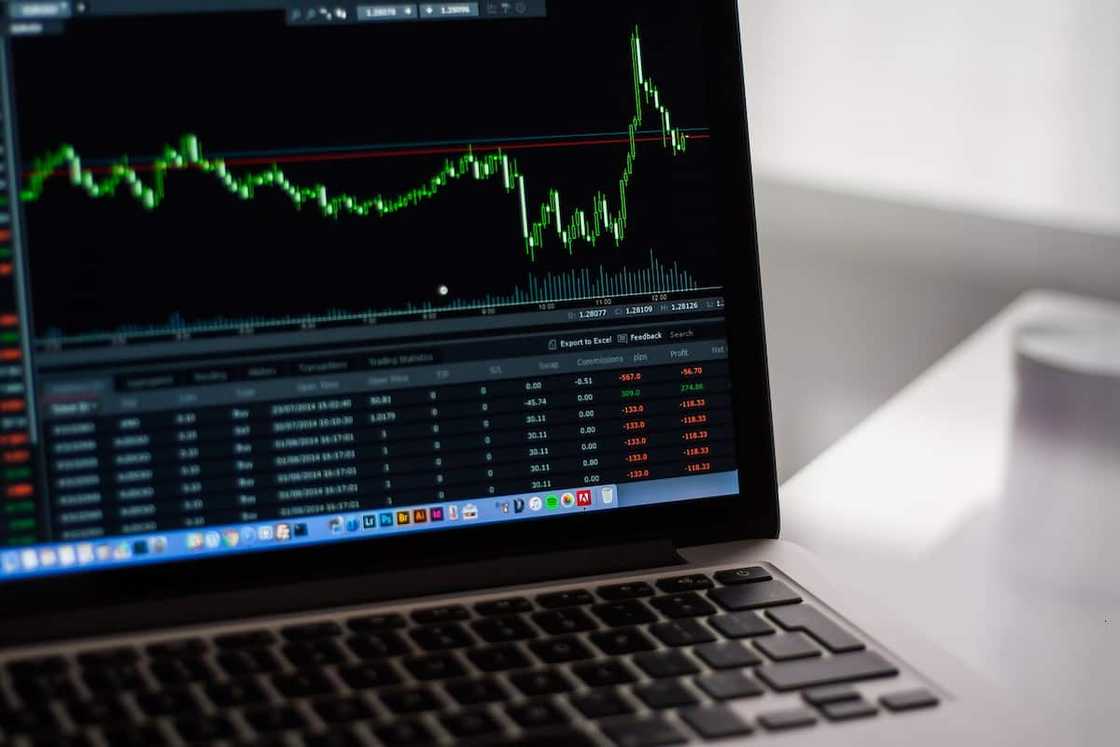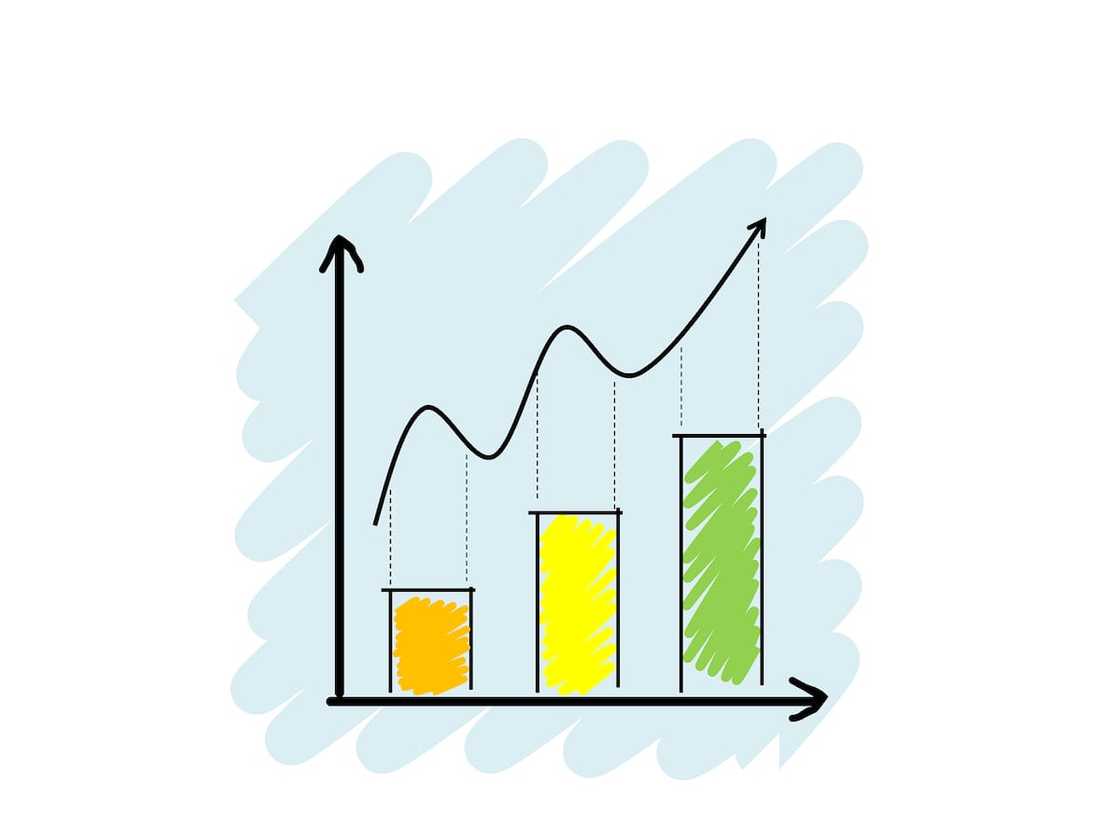Repo rate: What is repo rate, reverse repo rate, and current repo rate in SA 2020?
COVID-19, an unprecedented pandemic, has caused harm in the world's economy. This situation has forced countries to devise means of salvaging their economies and cushioning the sectors that have significantly been affected. The South African government, through the Monetary Policy Committee, has announced a reduction in the repo rate. What does this move mean? How much impact will it have on the country's economy? Read on to find out!

Source: UGC
In less than a month, the government of South Africa has announced a couple of measures that would counter the economic impact of the pandemic. These measures have factored in the effects that the lockdown has brought on businesses, especially on small scale enterprises. On 14th April 2020, the Monetary Policy Committee announced that there would be a decrease in the country's Repo rate. You might want to know more about the new change and how it would reflect on the country's economy at large.
What is a Repo rate?
Repo means Repurchase Agreements or Repurchasing Option. Repo rate refers to the rate at which a country's reserve bank lends money to the commercial banks in cases where there is a shortfall of funds. Repo rates are used to control instances like inflation, whereby, the reserve bank of a country increases the rate, making it a disadvantage for the commercial banks. That way, the money supply in the economy is reduced; hence, the issue of inflation is brought under control.
Factors influencing repo rate
Repo transactions are factors of the following components:
Cash reserve or liquidity
Commercial banks borrow from the reserve bank to maintain their cash reserve.
Short-term borrowing
The reserve bank lends money to commercial banks in exchange for the security that the banks provide.
Preventing economy squeezes
The reserve bank increases and decreases the rates depending on the inflation rates of the economy.
Collaterals and securities
The reserve bank receives security and collateral in the form of bonds and gold.
Hedging and leveraging
The reserve bank buys bonds and gold from commercial banks in exchange for cash.
Repo and reverse repo

Source: UGC
What is Reverse Repo? Reverse Repo rate refers to the rate at which the reserve bank buys from the country's commercial banks. This case occurs when there is excess liquidity in the economy and the rates of exchange are lower than the Repo rate.
What is the repo market?
It refers to a situation in which a financial institution with a lot of security like bonds or hedge funds is allowed to borrow from an institution with an excess spare of cash at an interest.
Repo rate South Africa 2020
Amidst the economic impact that COVID-19 has brought forth, a decrease in the Repo rate is one of the most recent and significant changes that the country has embraced. The details of the new changes will demystify how the new percentage change affects an individual and how much impact it will have on the economy.
On 14th April 2020, the South African Reserve Bank announced that it was going to lower the country's Repo rate by 100 basis points, bringing the new rate to 4.25% per annum. The new rate will take place on 15th April 2020. This is so far reported to be the lowest rate in the repo rate South Africa history since it was introduced in 1998.
Effects of the current repo rate South Africa 2020

Source: UGC
The new monetary policy is aimed at easing the country's financial conditions. That way, it would improve the resilience of firms and households to the impacts that COVID-19 has brought forth on the businesses. The move will equally increase the liquidity of money in the economy. It will also increase the government bonds markets; hence, reduce the capital requirements of firms and households.
The other impact that the new percentage repo change has brought forth is a decrease in the interest rate South Africa 2020, both for the commercial banks borrowing from the reserve bank and the consumers borrowing from the commercial banks.
However, this monetary policy does not guarantee to improve the potential growth rate of the economy. The unprecedented cut has also resulted in the strength of the Rand to weaken from R18.02/$ to around R18.30/$ on 14th April 2020.
Q&A
These are some of the questions and answers that could help you decipher the issue:
What is repo rate 2020?
The current South African rate is 4.25%.
How does the repo rate affect me?
A decrease in the repo rate means that commercial banks can borrow money from the South African Reserve Bank at a lower interest rate. This means that customers can take loans from commercial banks at a lower rate as well.
READ ALSO: Covid-19: Reserve Bank cuts interest rates by 1% amid pandemic
How does the repo rate work?
If the rate is lowered, banks can lend money to their customers at a lower rate, and when it is increased, the interest rates that banks charge increases.
What is a repo rate and reverse repo rate?
Repo rate is a situation that occurs when commercial banks borrow money from the South African Reserve Bank. On the other hand, reverse repo rate refers to a situation where the South African Reverse Bank buys from the commercial banks in cases where there is an excess of cash in the economy.
The move by the South African government, through the Monetary Policy Committee, to lower the country's Repo rate is one of the measures that might help in saving the economy. The government urges firms and households to take advantage of this opportunity to meet their capital requirements.
DISCLAIMER: This article is also intended for general informational purposes only and does not address individual circumstances. Therefore, it is not a substitute for professional advice or help and should not be relied on to make decisions of any kind. Any action you take upon the information presented in this article is strictly at your own risk and responsibility.
READ ALSO:
- Expert: Lockdown extension will be further blow to ailing economy
- Covid-19: R2 billion SME loan package announced by Ghana’s president
- UK sets £20 million aside to develop tech for crucial industries
- Coronavirus causes 8% fall in oil price as fear over shutdown looms
Source: Briefly News






